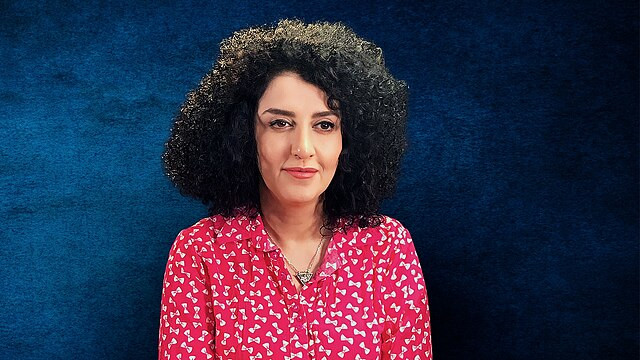In a significant move that underscores the global recognition of human rights activism, the Norwegian Nobel Committee has awarded the 2023 Nobel Peace Prize to Narges Mohammadi, an imprisoned Iranian human rights activist. Mohammadi, 51, has been celebrated for her relentless fight against the oppression of women in Iran, particularly by the nation's morality police.
Mohammadi's journey has been fraught with challenges. She has been arrested 13 times, convicted on five occasions, and has been sentenced to a cumulative 31 years in prison. Additionally, she has been sentenced to 154 lashes for her advocacy work. Currently, she is serving multiple sentences, which total approximately 12 years, at Tehran's Evin Prison.
The Nobel Committee's decision to honor Mohammadi is seen as a clear message to world leaders, emphasizing the need for international pressure to improve the lives of girls and women in Iran. The award also shines a spotlight on the broader issue of women's rights abuses in the country. Henrik Urdal, the director of the Peace Research Institute Oslo, which plays a role in selecting the Nobel Peace Prize winner, expressed hope that the award would amplify the voices of those advocating for change in Iran.
The recognition of Mohammadi's efforts has also brought attention to other Iranian women and girls who have faced oppression. A notable case is that of Armita Garavand, a 16-year-old who remains in a coma after allegedly being attacked by the morality police for not wearing a headscarf on a public subway car. Under Iranian law, women and girls aged 9 and older are mandated to cover their hair, adhering to the country's strict interpretation of the Islamic dress code.
The Iranian government's response to the award has been less than positive. The foreign ministry labeled the award as "biased" and accused it of aligning with "the interventionist and anti-Iran policies of some European countries." However, international leaders, including US President Joe Biden and French President Emmanuel Macron, have lauded Mohammadi for her "unshakeable courage" and have described her as a "freedom fighter."
The Nobel Committee's chairwoman, Berit Reiss-Andersen, emphasized the significance of the award during the ceremony in Oslo. She highlighted Mohammadi's fight against the oppression of women in Iran and her broader efforts to promote human rights and freedom for all. Reiss-Andersen also urged Iran to release Mohammadi so she could attend the prize ceremony in December.
Mohammadi's dedication to advancing women's rights in Iran has been unwavering. In a statement to the New York Times from prison, she expressed her resolve and hope, stating, "The global support and recognition of my human rights advocacy makes me more resolved, more responsible, more passionate, and more hopeful."
The Nobel Peace Prize's recognition of Mohammadi's work serves as a testament to the power of individual activism and the global community's commitment to upholding human rights.





